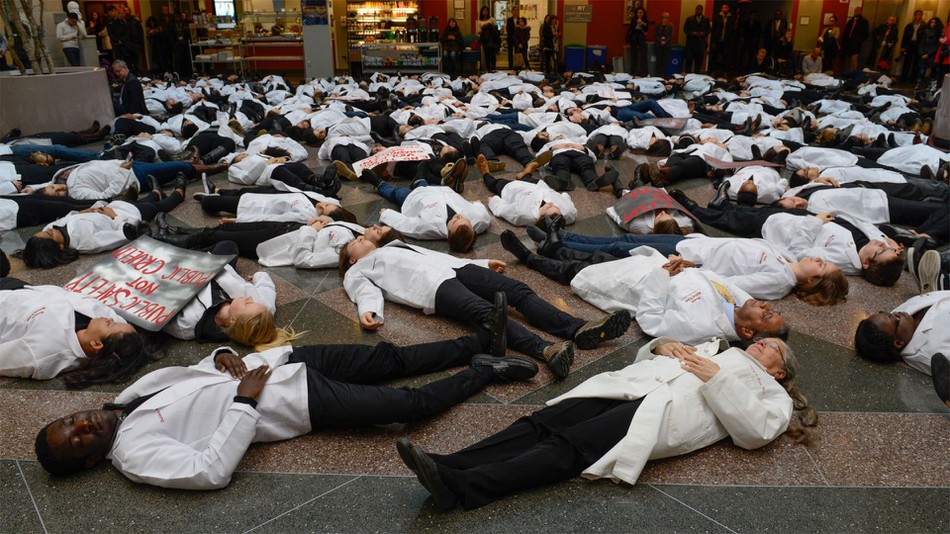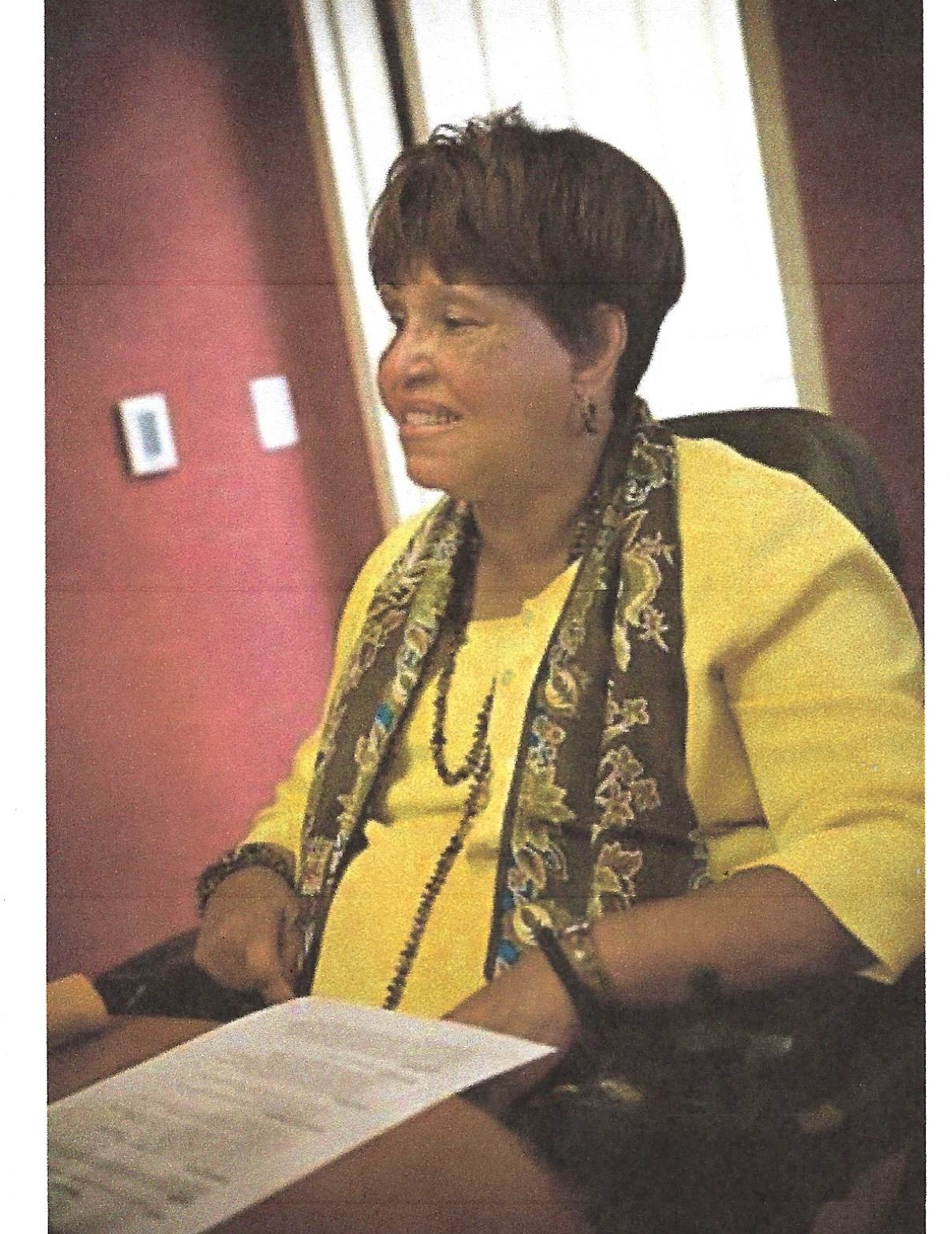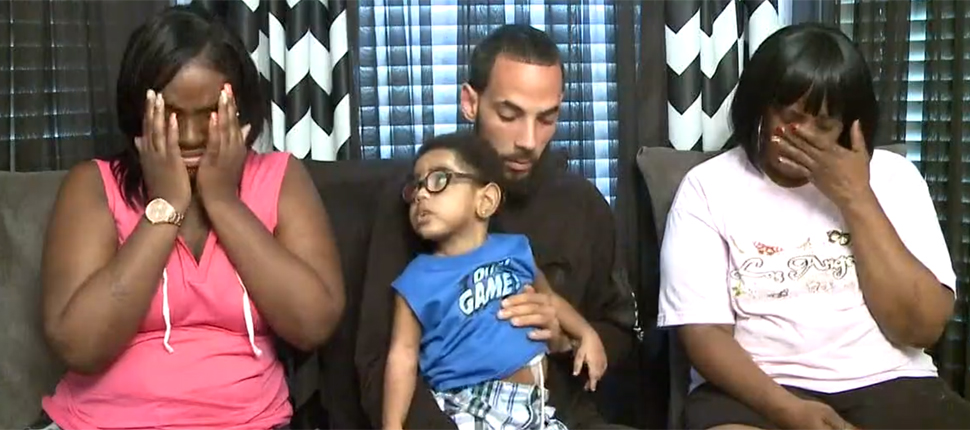
The concept of racism being a public health issue, if not crisis, has been discussed for years, and, it is time to stop ignoring this problem that touches every human life in America. From health concerns, to naked acts of hate, to mass shootings, the ugliness that is racism surrounds us and needs to be addressed. The how and why is the bigger question at this point.
America’s unique relationship with violence and racism is different. True, there are problems across the globe where police cross the line and openly mistreat a person because of their race or other differences, but, it is a deadly practice in the United States.
On average in recent years, between 1,000 and 1,100 people have been shot and killed by police. Of these, around 26 percent are African American and 14 percent are Hispanic. The overall racial population breakdown is 61 percent White, 17 percent Hispanic or Latino and 13 percent African American. Accordingly, and not surprisingly, people of color are disproportionately killed by police in greater numbers than whites. Many are unarmed. What makes this more than mind-numbing is that no country bears the daily experience of a law officer killing a person of color more than America, the land of the free, home of the brave. Why is racism practiced in such a lethal fashion here? Is it more than personal bias? Is it a public health crisis? For people of color it sure is, and the old way of addressing it is long gone.
Killing someone is morally wrong. But, if just taken from that context it is merely a case of distorted and corrupted morals acted out by the afflicted. But. what if its more than a criminal or immoral act? America has wrestled with numerous public health crisis before and we have the benefit of experience. Polio and other diseases were addressed with national mandates of vaccinations and education that were used to irradiate the scourge that hurt and killed so many. The murders of people of color has lead us to this debate, but, all forms of racism are the overall issue; like treating others negatively because of their differences. Those acts dwarf killings and happen every waking second. And it causes pain, loss of opportunity and ends life much sooner because of the strain on our core systems that handle the stress of anxiety and hatred.
What must be done is to recognize this as a public health crisis first. Billions of callous acts of bigotry are not an anomaly or episodic; it is a health crisis that is killing Americans and hurting the nation economically. Barriers to health, education and housing are huge stressors in a world that demands the big three needs must be present in order to succeed and thrive in this country.
Another thing that must be done is to focus on prevention not blame. Blame is crime focused, and like addiction, if there is criminal liability then it must be addressed as a personal responsibility. But, help should be part of the solution. Are racist mentally ill? Some are trying to at least discuss it as a form of pathological bias. Perhaps belonging to subgroups like sexism and heterosexism. There is some serious pushback on this because criminals already claim insanity for getting off for some crimes. The threshold is very high and is rarely successfully used. But. can it be treated and addressed in a way of rehabilitating the perpetrator? We need to find out. But, ignoring it out of unfounded fears is folly and self-destructive.
From a health perspective the evidence is clear. Unrelenting and hateful behaviors can place undue stress on people of color to the point their ability to manage is so severe it overloads the hypertension system and the victim dies of deaths like low immunity, heart attacks and strokes.
There was similar resistance to treating addiction like a disease instead of moralizing the problem. With increased counseling and treatment, it is a completely manageable disease. But, first people had to believe it was a disease first. That is where we are at with racism. We must look at it new again. Like terrorism, more harsh approaches only seem to create more of the problem it was trying to eradicate. Perspective is a powerful thing, changing it can open many fruitful doors, while staying in the same place only produces the same results.
From a socioeconomic perspective the loss of job opportunities, housing, transportation and dream-seeking are crushing and its unrelenting nature breaks the spirit of too many. And it kills. Lack of medical service and or substandard service are stressors no one should have to endure in this land of plenty.
Organizations like the YWCA whose current mandate to end racism should partner with Tulsa County Health Departments, OCCJ, and neighboring tribes like the Cherokees, Creeks and Osages to come up with a plan to address racism as a public health issue. It’s not the elephant in the room, it is the shark in the pond in which we wade.









